MBA students harnessed entrepreneurship to envision revitalization

A hub where pet owners can gather to meet neighbors. Urban agriculture using recycled water. Incubators for entrepreneurs and makers.
These were just a few of the projects that MBA students, led by Assistant Professor of Management and Entrepreneurship James Bort, proposed for a South Side community this winter quarter as part of DePaul’s partnership with the Chicago Transit Authority.
Writ large, the partnership harnesses entrepreneurship to drive economic growth on the South Side in conjunction with the agency’s historic Red Line Extension.
Students’ project proposals are the first step towards that larger goal. They demonstrate how entrepreneurs can capitalize on this massive investment in infrastructure, setting off a cycle of revitalization. To a much-needed infrastructure project, these projects bring entrepreneurial imagination.
“Entrepreneurship is fundamentally an imagined reality,” said Bort. “It’s about storytelling. It’s about your ability to be optimistic and empathetic.”
In collaboration with the CTA, focusing on a community with promise
The class focused their efforts on a once-booming stretch of South Michigan Avenue in Roseland.
CTA Director of Diversity Programs JuanPablo Prieto explained the factors that led to that decision.
“For every dollar we invest in transit, we get $4 in economic return,” he said. “We want the communities where we’re making these investments to benefit from that return.”
The CTA commissioned a transit-supported development study on the area, engaging extensively with community members. Students delved into that research.
With Prieto’s help, they also heard directly from community stakeholders. The head of the Chamber of Commerce came to speak. So did the local alderman’s chief of staff.
Stakeholder interviews ensured that students’ projects were grounded in the needs of the community.
“We moved from studying the history of Roseland to understanding who’s there today and what they need,” Bort said. “Only then did we move into ideation.”
Informed by stakeholders, projects focus on empowering local entrepreneurs

On March 7, students shared their visions at a packed poster presentation. Faculty, staff, and students attended. So did CTA officials and community stakeholders.
“We were blown away by the thought, the intentionality, and the care that went into the listening sessions with the stakeholders,” said Prieto. “Each project had some element of what the stakeholders brought to the table.”
MBA student Stefanie Slager’s team shared a plan for a “living lab” for new entrepreneurs. There, they hoped, local founders and makers could launch businesses that would attract visitors to the neighborhood – especially in culinary arts, entertainment, fashion, and business innovation.
A box of fresh donuts sat on a table next to Slager. She’d picked them up that morning from Old Fashioned Donuts, an iconic 50-year-old, family-owned shop in Roseland: an example of the community’s existing strength and potential.
“When I went in on the day of the presentation, you could tell that everyone kind of knows each other,” Slager said. “How blessed are we to work with this community and hopefully make a difference? It is our goal for Roseland to again become the jewel of the South Side.”
A few groups over, MBA student Keiph Oliver and his team presented their plan. Like Slager’s group, they envisioned an entrepreneurial ecosystem – one that would equip residents with tools and resources to realize their own visions for the community.
“We want to create programs that bring businesses into high schools,” creating mentorships and job opportunities, explained Oliver. Exposing youth to a wide range of career paths was a priority.
“Exposure affects what someone believes they could be,” he said. “They don’t know what skills they already have. They don’t know how those skills could transfer.”
Looking ahead to the next phase of the DePaul-CTA partnership

In future phases of the DePaul-CTA collaboration, some students will partner directly with local businesses. Others will pick up where Bort’s winter quarter class left off, bringing select projects one step closer to reality.
For Bort, the projects attest to the vital role entrepreneurship plays in community renewal.
“Entrepreneurship is one of the most important elements for a community to succeed,” Bort said. “You need entrepreneurs working outside of the box, or working with resource constraints, figuring out how to make it happen.”
And, he added, you need initial investments in infrastructure to give those entrepreneurs a place to start.
“Without infrastructure, you really don’t have anything,” Bort added. “People have been fighting for this Red Line Extension for 50 years. What an exciting time to have been here for it.”
Prieto echoed Bort’s sentiments.
“I want to reiterate CTA’s commitment to this project,” he said. “This was a promise that was made more than 50 years ago to this community. We are committed to delivering on that promise. And we are excited to go down this path with the community as we not only build the extension but support the development that will come with it.”
For students, a lesson in the power of place and purpose
Another lesson of the project? The power of place, in all its specificity: whether that place is Chicago, Roseland, or DePaul.
Oliver is a graduate of DePaul’s film program who plans, empowered by his DePaul MBA, to one day launch his own production company.
“A lot of what I think about as a filmmaker is Hollywood,” he said. “The entertainment industry found a city and set up shop. It created this entire infrastructure that, for a long time, had no competition.
“How do we create an infrastructure like that for Chicago? What does that look like? In my lifetime, can I not only create a company, but can I contribute to generating a higher standard and a better business infrastructure? One that will bring more jobs and allow people to stay here?”
From Bort’s perspective, the collaboration is uniquely suited to DePaul.
“We have this Vincentian mission. When we see an opportunity to help, we jump in. That’s our default,” Bort said. “How does a DePaul grad stand out? Things like this, maybe. There are pro-social elements; there are human-centered design elements, empathy elements. It’s really tangible. It’s hands-in-the-dirt. And you’re working together to figure it out.”








 DePaul students dived headfirst into the complexities of the foreign exchange market (also known as Forex) at the inaugural Northern Trust case competition on October 17 and 18.
DePaul students dived headfirst into the complexities of the foreign exchange market (also known as Forex) at the inaugural Northern Trust case competition on October 17 and 18. 







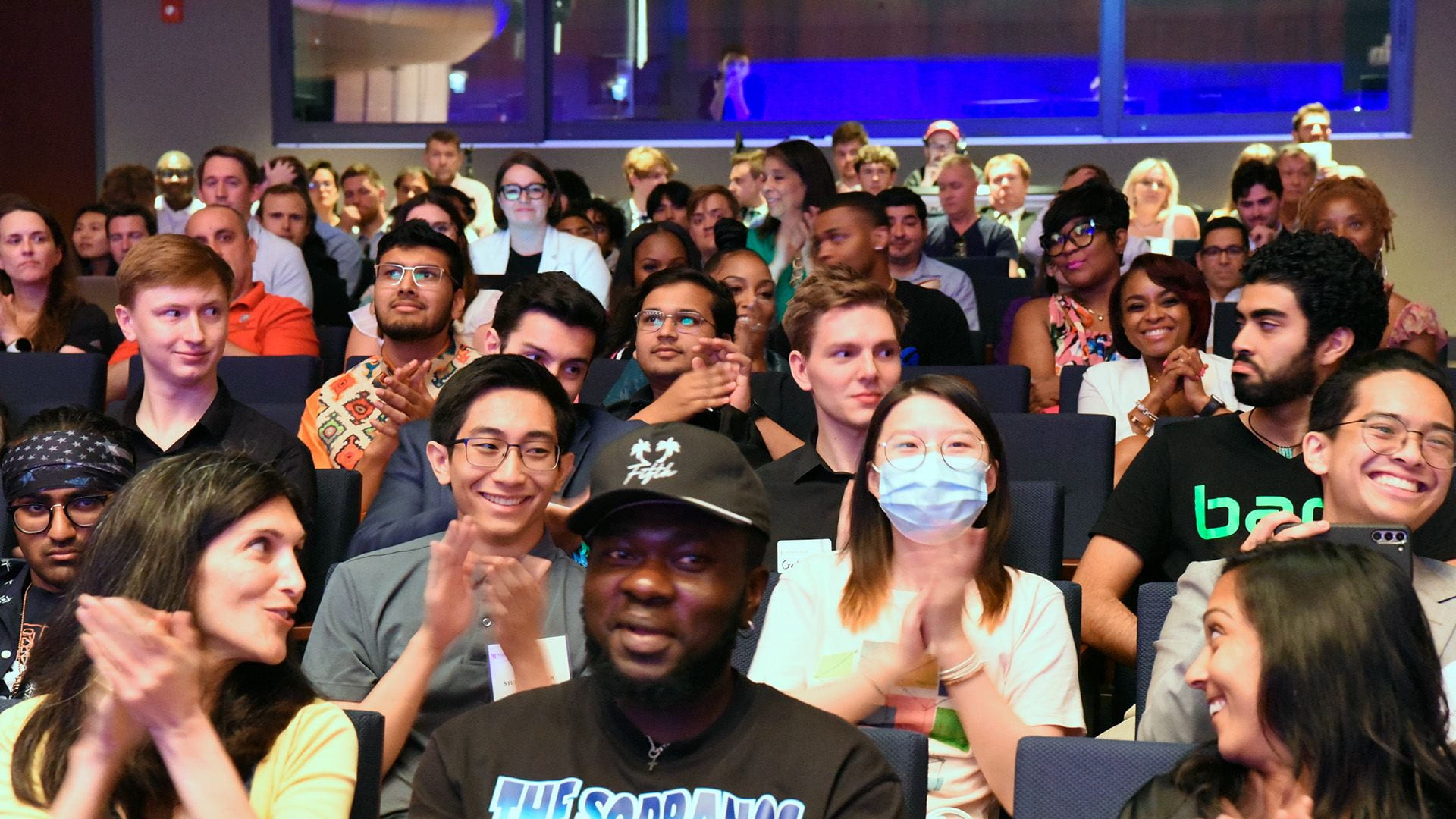
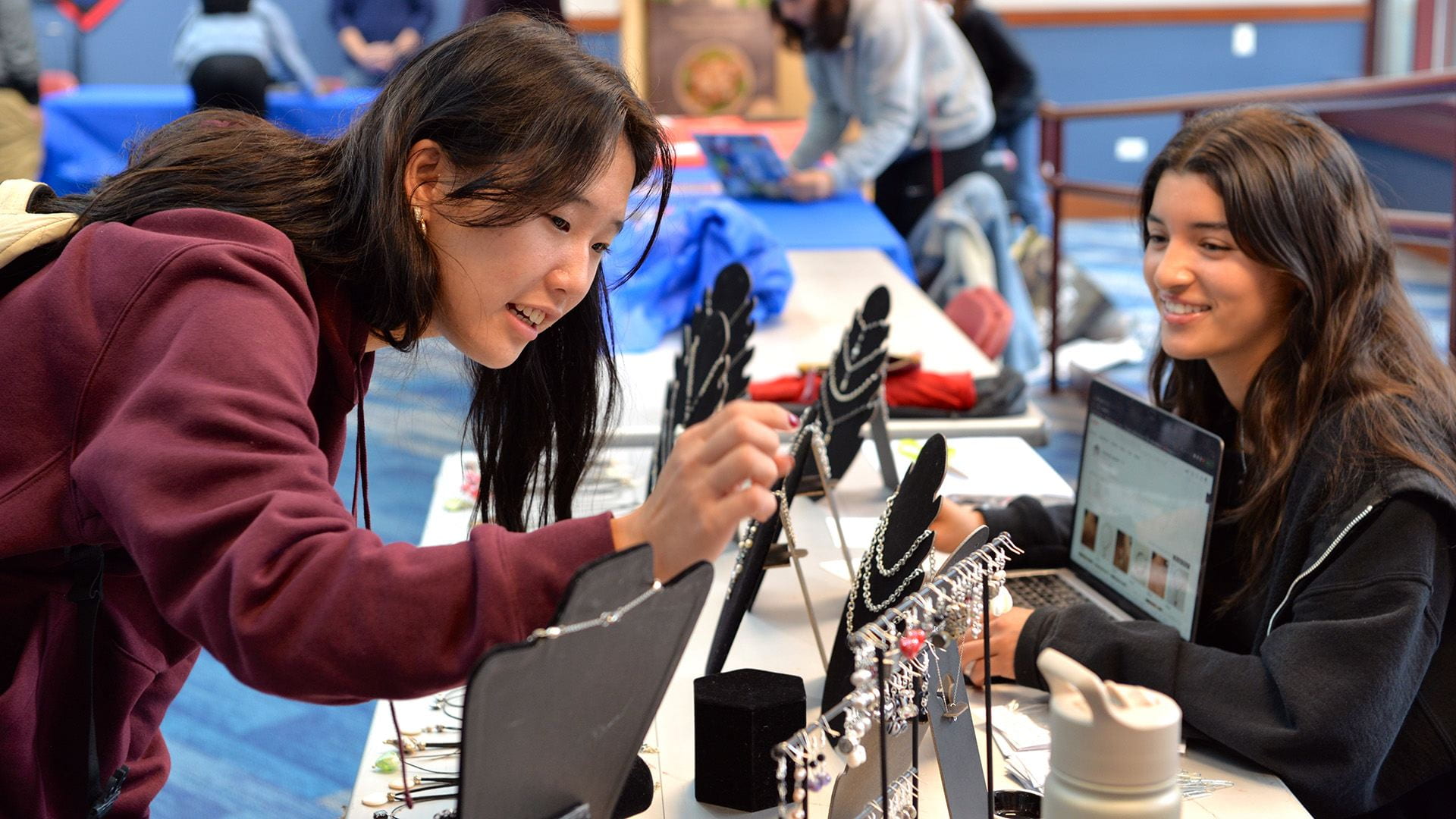
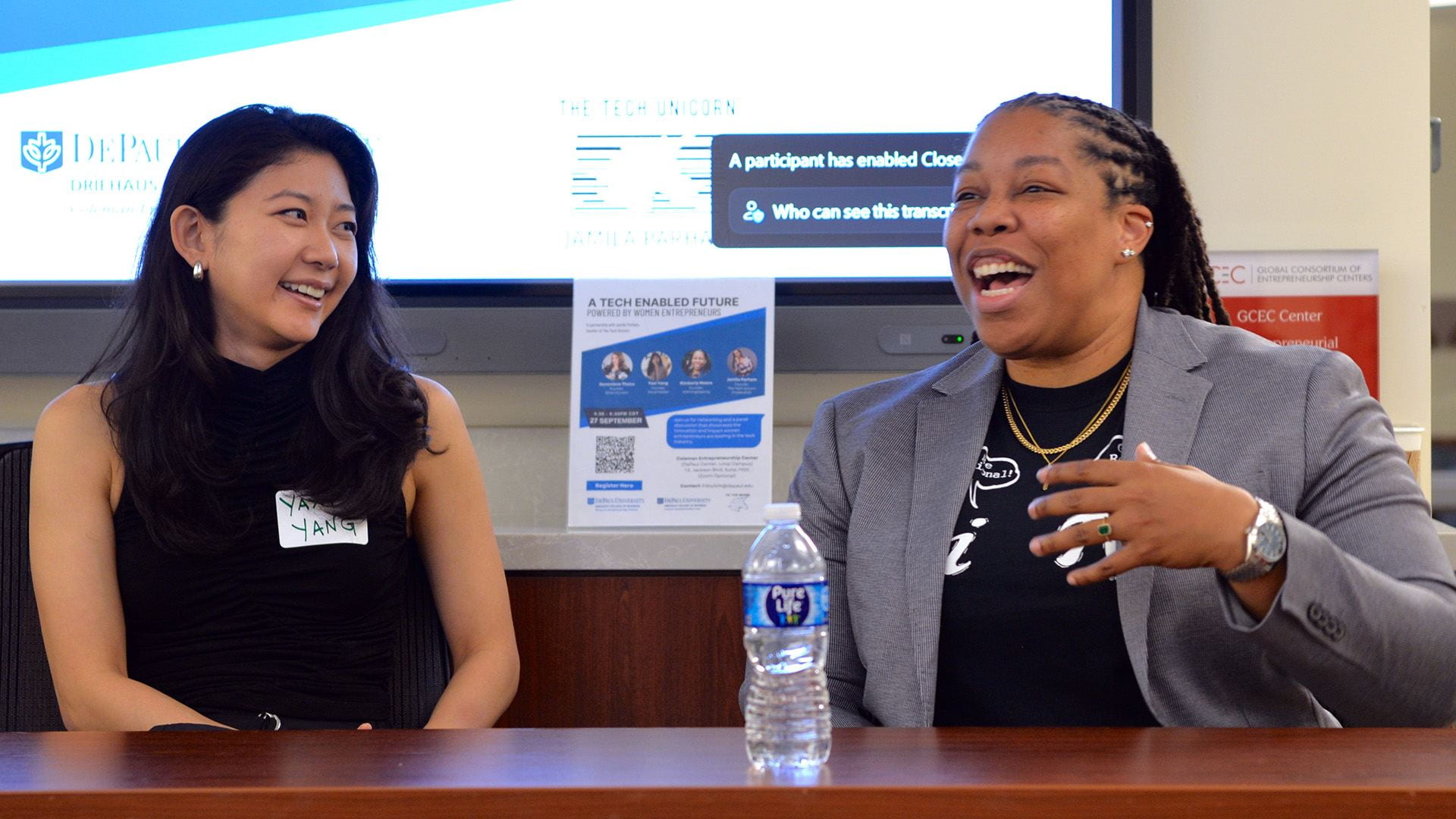
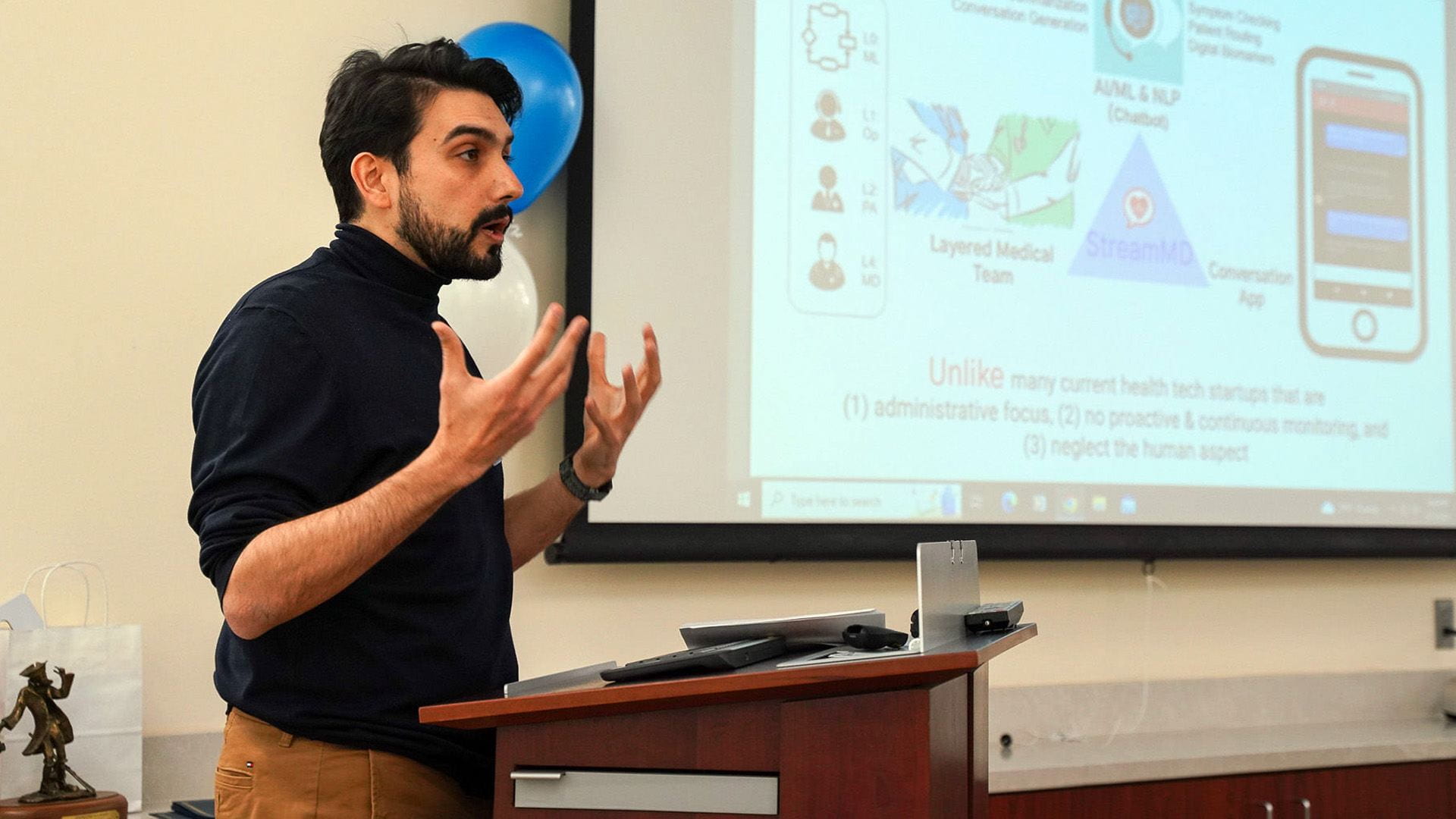
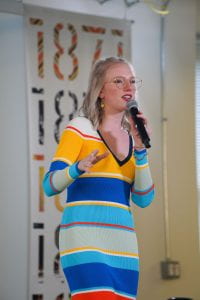
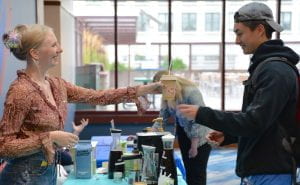
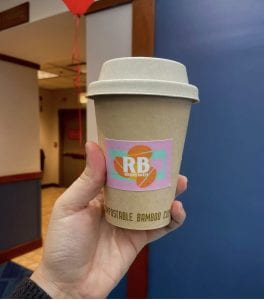

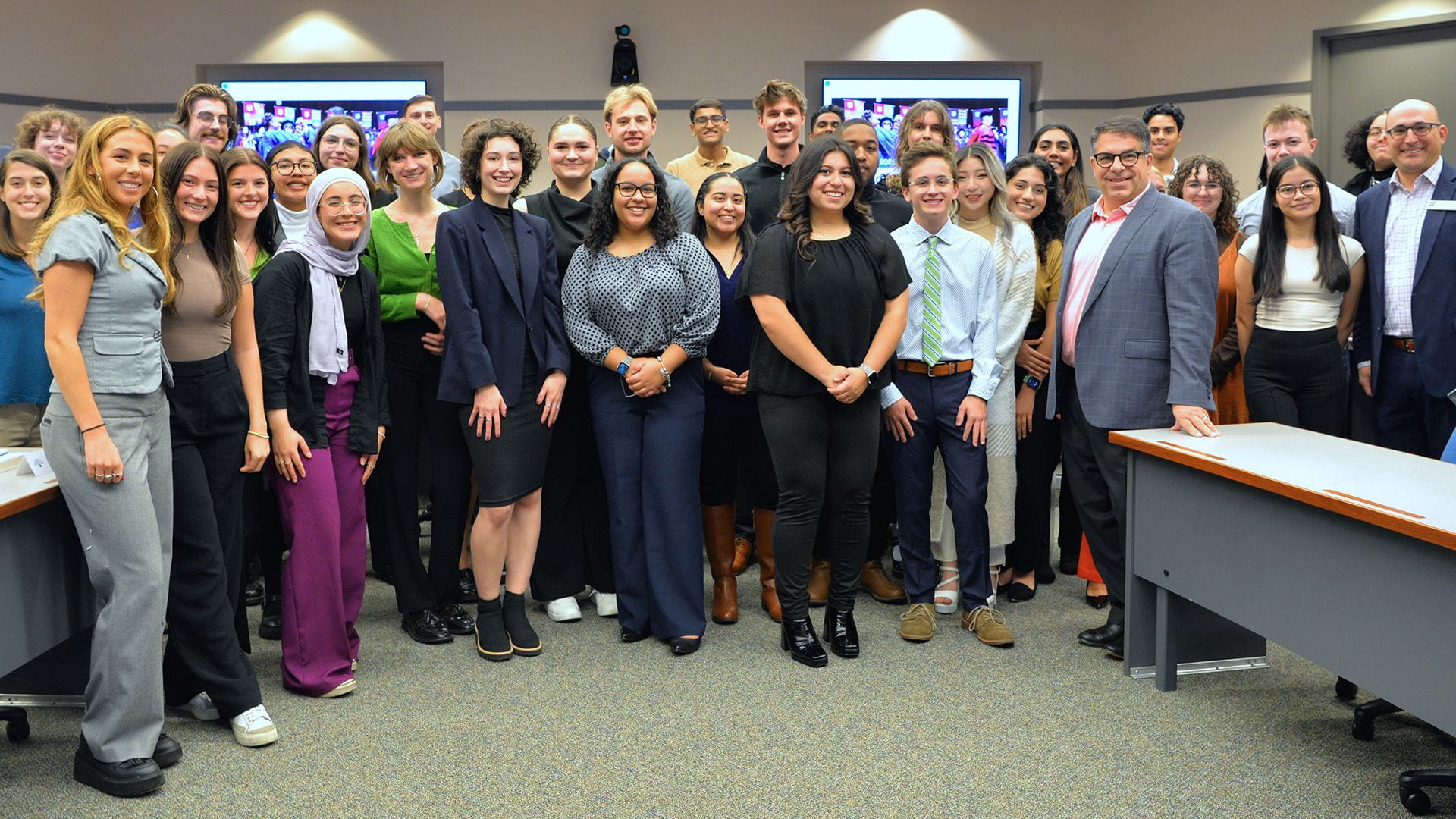
![Pictured from the Drift Team (L to R): Shivani Patel (at podium), Suzanna Linek, Omar Hatamleh, Ethan Brock. [The fifth member, Arshdeep Singh, is not pictured.]](https://blogs.depaul.edu/business-exchange/files/2023/05/dreheuis_cup_driiffs.jpg)
